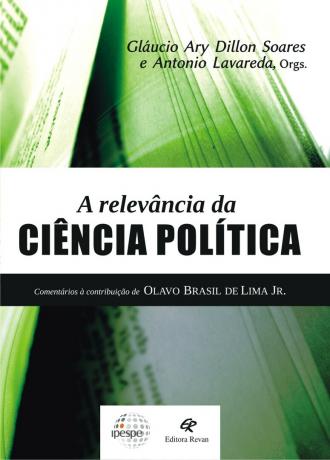O individual student reportIt is very important for parents to understand how their children are behaving in school. Through the document, it is possible to understand in which aspects the child has evolved and which points still need to be worked on.
It is essential that the educator be clear and take care of the words in the report. It is worth noting that the paper will be attached to the student's history. So, terms that express ambiguities are unacceptable.
Thinking of helping educators when producing these documents, check out some individual student report templates.
Model 1
O (name of the student) he is a very sweet and caring child. Whenever necessary, he is willing to help with activities, including when it's time to pack toys after recreation.
Despite this, she has difficulty in literacy activities. To recite the entire alphabet, he still needs help with many letters, but he can speak the vowels.
O (name of the student) is very attentive in activities involving cutting and glueing, showing great fine motor coordination. This also extends to painting moments.
When practicing physical activities, the (student's name) also shows good motor coordination, above what is expected for his phase.
Model 2
O (student's name) demonstrated difficulties in adapting to this new phase. Especially in the early days, she cried a lot because she missed her parents and used to isolate herself from her classmates.
In recent days, this scenario has changed. When he arrives at school, he is still a little restless, but as soon as he finds his little friends, he feels more at ease.
During the activities developed, the (name of the student) usually demonstrates evolutions. He understands well what is said and has expressed himself more clearly than before.
O (student's name) moves well. He is aware of his body and still orients himself well in space and time. Despite this, it demonstrates greater difficulty in activities that mainly involve clipping.
- Free Online Inclusive Education Course
- Free Online Toy Library and Learning Course
- Free Online Math Games Course in Early Childhood Education
- Free Online Pedagogical Cultural Workshops Course
Model 3
O (student's name) is a very fun and cheerful child. He plays and talks with most of his colleagues, especially in the house. At the time of reading, he likes to share his opinion about the story and whether he liked it or not.
In painting activities, even at a young age, he is very detailed. He likes to paint everything according to reality and when he has doubts about the color of something, he usually asks the teacher.
In times of cut and paste, the (student's name) is unmotivated. So, on many occasions, he performs activities quickly to be able to play and, with that, many things go wrong.
Usually after finishing this type of activity, it distracts the other colleagues who are still doing it, either talking or starting new games. Also, he constantly leaves the classroom and runs to the playground.
Model 4
This semester, the (student's name) he was more unmotivated and inattentive than before. The child used to be more participative in activities, but currently prefers to be alone.
In times of play, he still usually has fun with his classmates, but when it comes to reading, or other activities developed in the classroom, he doesn't pay attention. This includes painting, cutting and pasting.
Also, the (student's name) has started many fights with his colleagues. Because of these behaviors, parents were called at school, but since then there have been no developments.
O (student's name) he also has a large number of absences and still tends to be late. Another point that has also been communicated to parents.
We at school hope that next semester the parents of (name of the student) be more participative. That way, together, we can work on the points the child needs to evolve.
Model 5
O (name of the student), as in the last semester, showed a great relationship with classmates, in addition to being very easy to develop group activities.
With the performance above the expected for the phase, the (name of the student) was the first to learn the entire alphabet and still manages to read some sentences very easily.
O (name of the student) has a good behavior in class, responding quickly to corrections from the teacher. Despite this, he is disorganized with his materials and constantly forgets about his things in the classroom.
In general, the (name of the student) he is a good student, with excellent performance in the activities proposed in the classroom, but he needs to improve in terms of organization.
See too:
- Individual Student Report in the 4th Bimester of Early Childhood Education
- Individual student report in the 2nd year of Elementary School
- Individual Student Report in Early Childhood Education
- Individual Student Report with Learning Disabilities
The password has been sent to your email.

